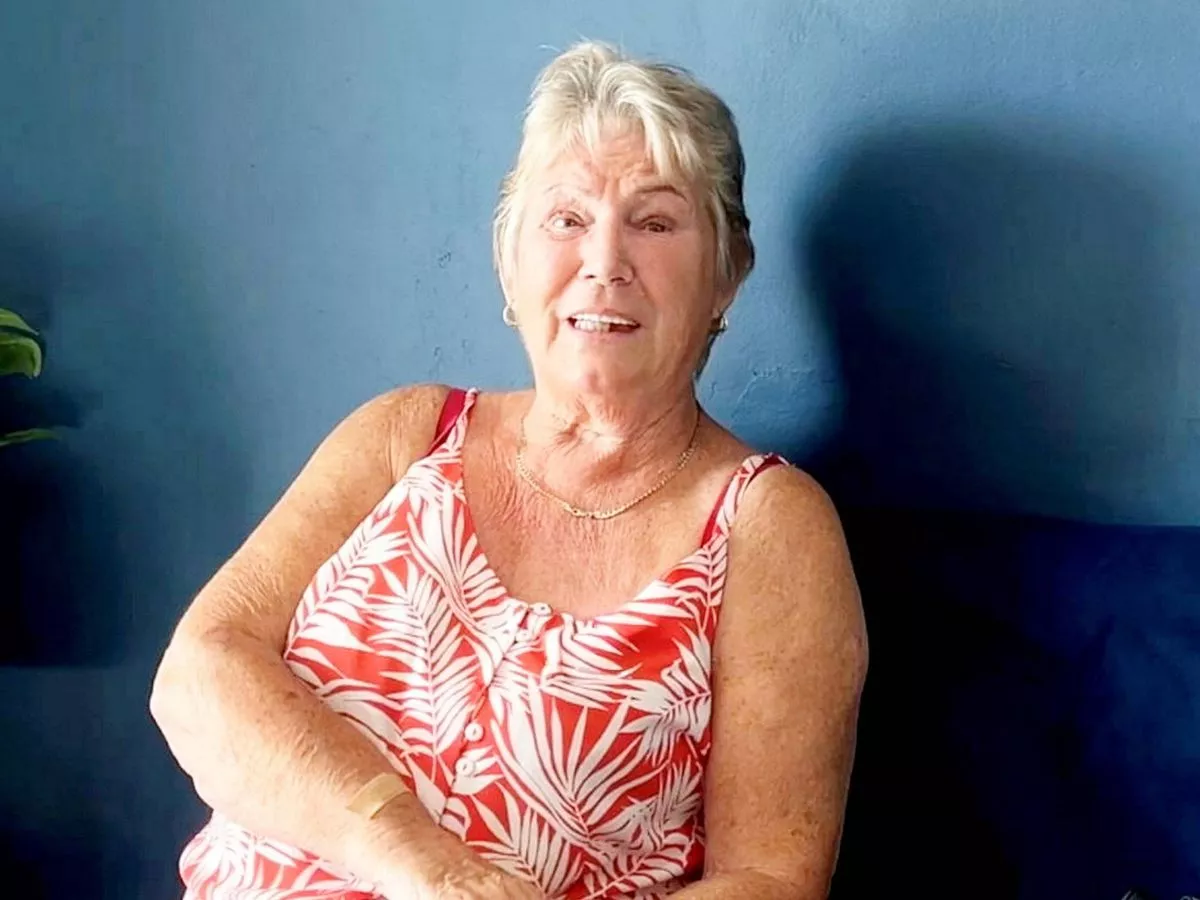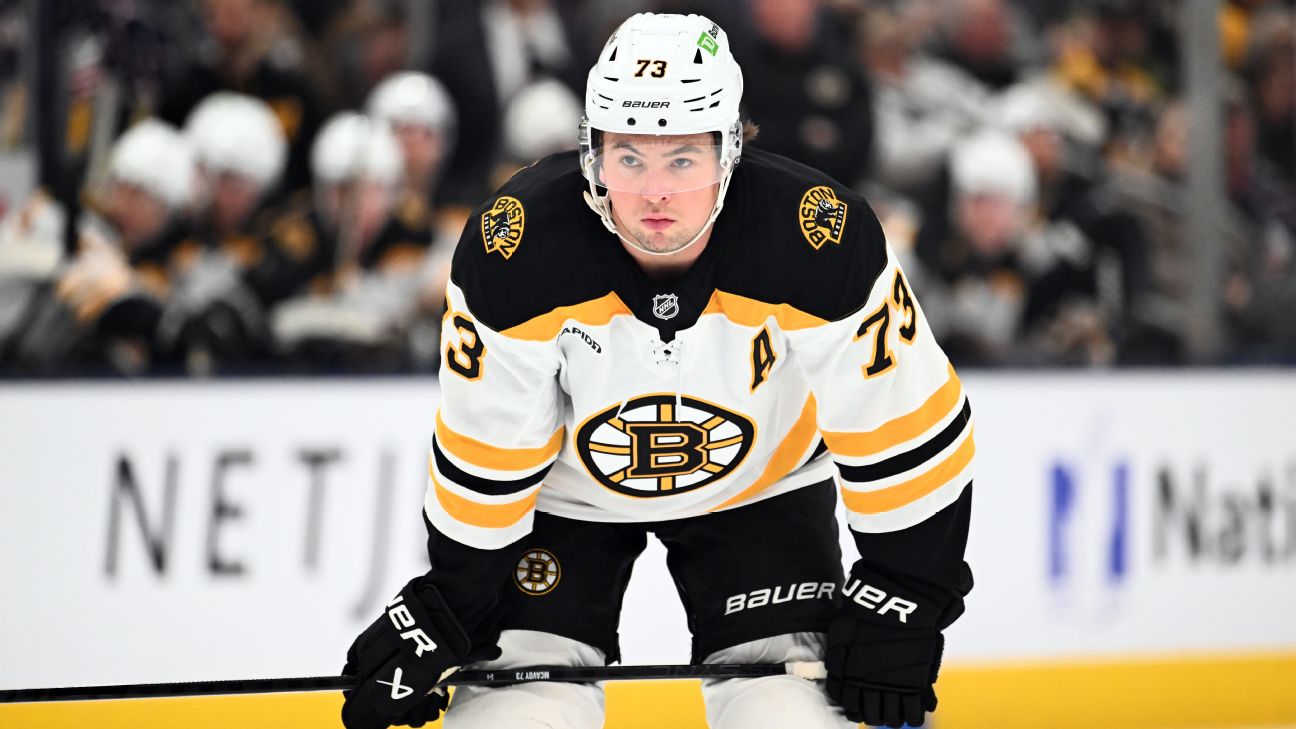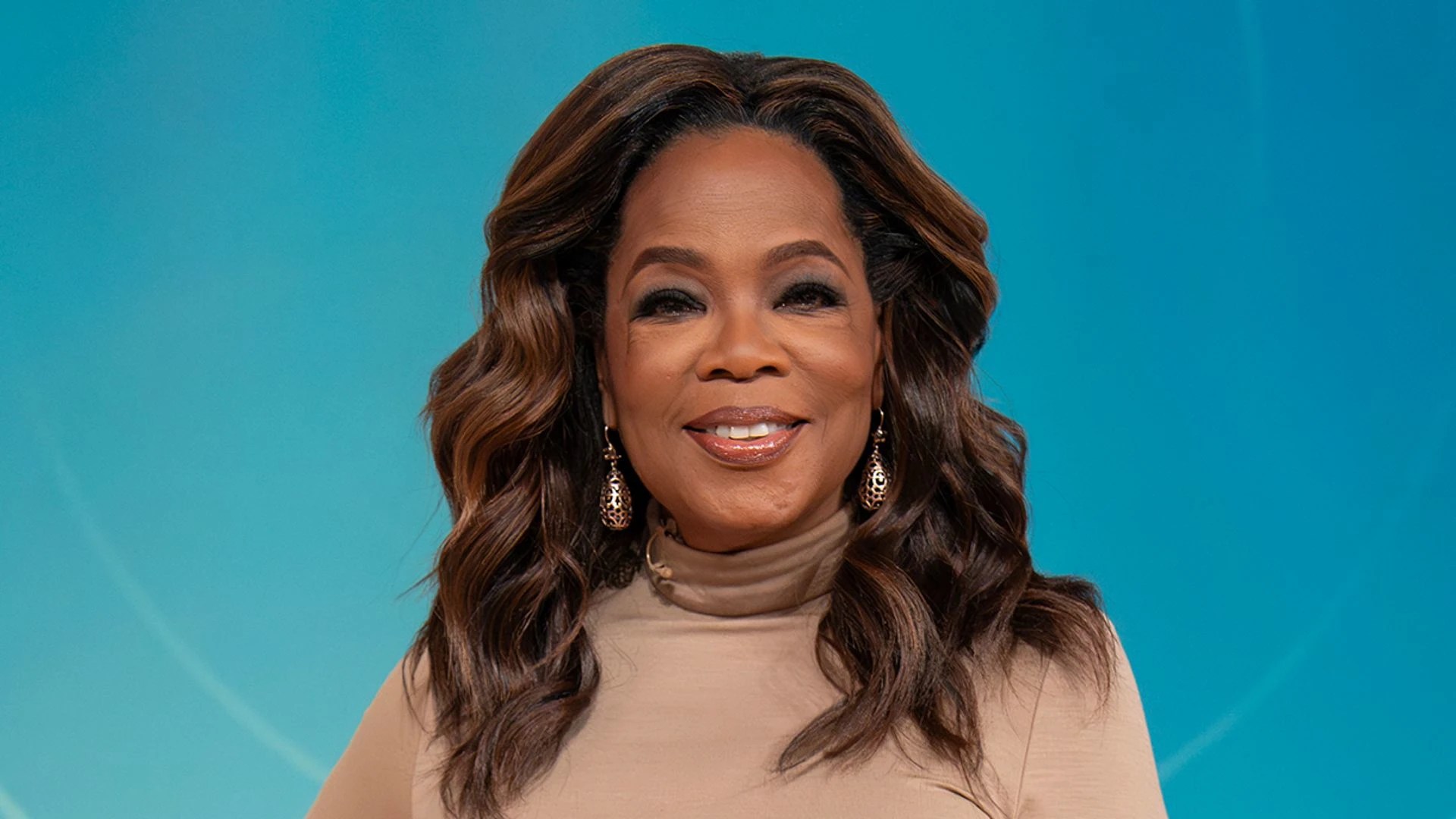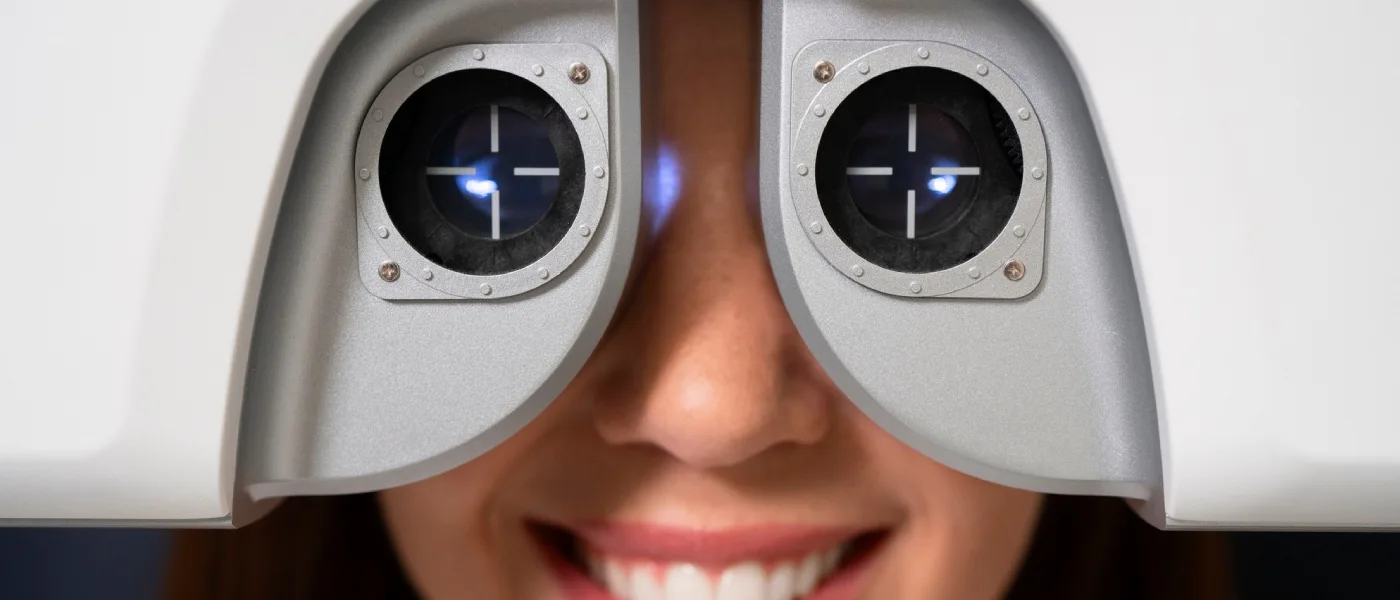By Will McDuffie
Copyright go
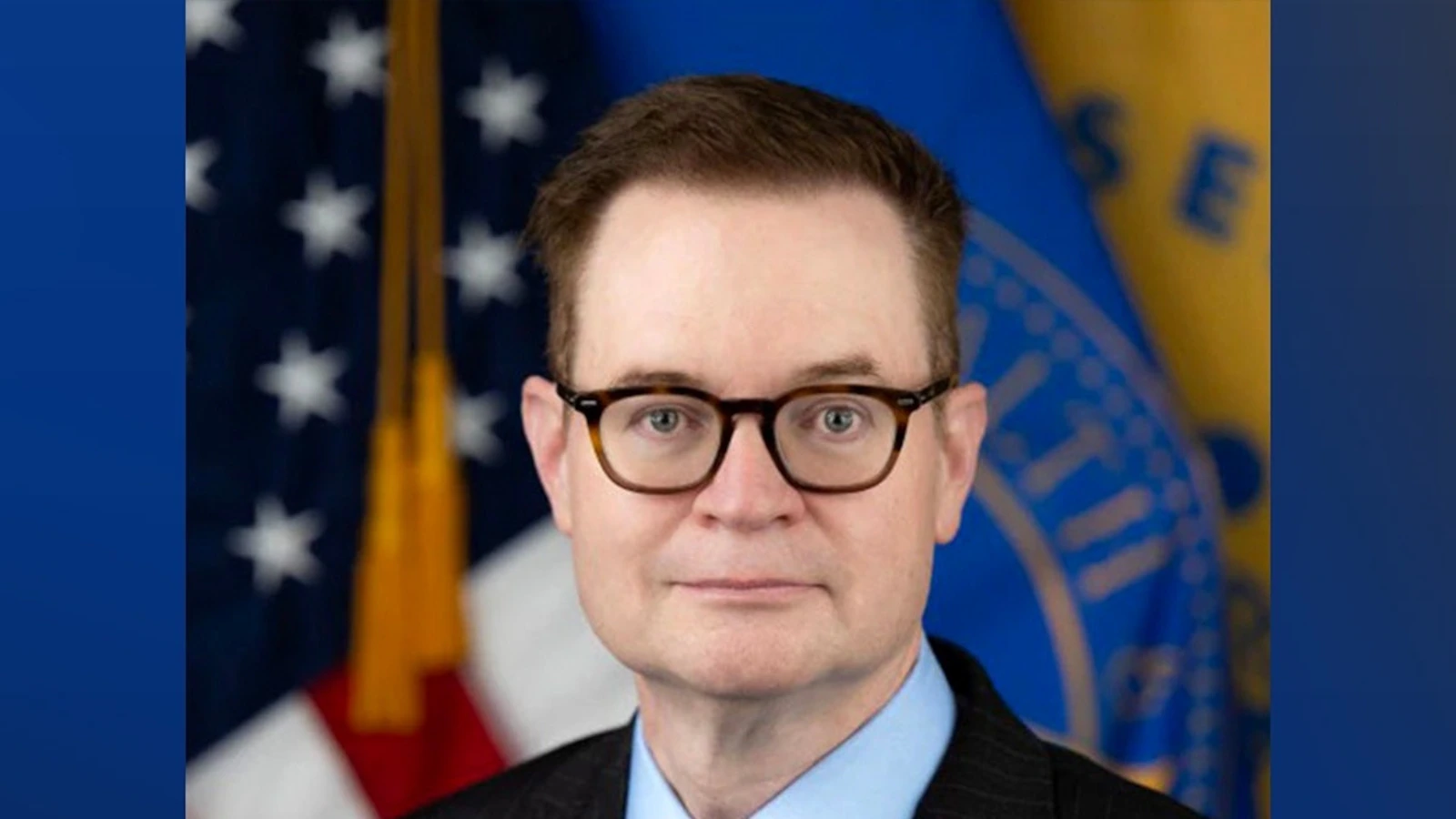
In an email welcoming CDC staff back to the office weeks after a gunman fired bullets at the agency’s headquarters, acting Centers for Disease Control and Prevention Director Jim O’Neill wrote Tuesday that the agency had lost the trust of Americans and was experiencing “mission creep” that has led it to be too involved in Americans’ health decisions.
In the email, dated Tuesday and obtained by ABC News, O’Neill told CDC staff he hoped their “return is going smoothly” and noted “enhanced security and repairs to the Roybal campus” in Atlanta, Georgia.
He praised CDC’s accomplishments from decades ago, including its combating of malaria and HIV, and noted its work this year on the measles outbreak in Texas and an Ebola outbreak in Africa.
But O’Neill made clear that Health and Human Services Secretary Robert F. Kennedy Jr. is now demanding a different approach from the CDC — one by which the agency reduces its role in Americans’ lives.
“Mission creep has distracted us from our core mission over the years,” O’Neill wrote. “Not every health decision is the government’s business, and CDC need not duplicate the work of other divisions.”
O’Neill, the HHS deputy secretary whom Kennedy appointed to be CDC’s acting director after Susan Monarez’s dismissal last month, said the agency had “lost the American public trust and faith” during the pandemic but that HHS’ new leadership is “working hard to refocus and earn that trust back.”
“Rigorous science, transparency about data and reasoning, and treating our fellow citizens as adults who can make their own informed decisions will be well received whenever we can offer them,” he added.
Technically, the CDC only offers guidance and does not have the ability to mandate people’s behavior; things such as school vaccine mandates, for instance, are decided upon and implemented at the state level.
Fiona Havers, a former CDC official who worked on vaccine policy, told ABC News, “CDC has always treated Americans like adults by providing them with the science-based evidence and guidance they need to make their own decisions.”
In his email, O’Neill urged staff to “think big. What is the 2026 equivalent of eradicating malaria? What might a CDC, unconstrained by WHO, look like? Where can I apply the principle of radical transparency to my work?”
President Donald Trump signed an executive order in January withdrawing the United States from the World Health Organization (WHO).
O’Neill’s email came on the eve of Monarez’s highly anticipated public hearing Wednesday in front of the Senate health committee, during which she alleged that Kennedy demanded that she approve “in advance” modified vaccine recommendations by an independent panel that Monarez testified were unsupported by scientific evidence or other data.
Monarez also testified in her opening statement that Kennedy directed her to “dismiss career officials responsible for vaccine policy without cause.”
Monarez testified, “I was fired for holding the line on scientific integrity.”
An HHS spokesperson later said Monarez’s testimony had “factual inaccuracies and left out important details,” and described her dismissal as a consequence of her acting “maliciously to undermine the President’s agenda and was fired as a result.”
